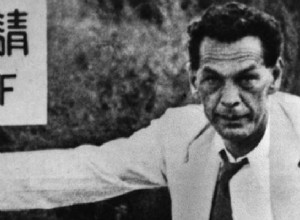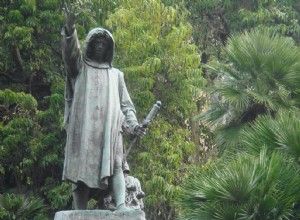Reinhard Georg was the best spy who worked for the Soviets before and during World War II. He was of German descent, but embraced communism and considered the Soviet Union his homeland. He was sent by his superiors to Moscow, Tokyo, after first managing to penetrate the state apparatus of National S




